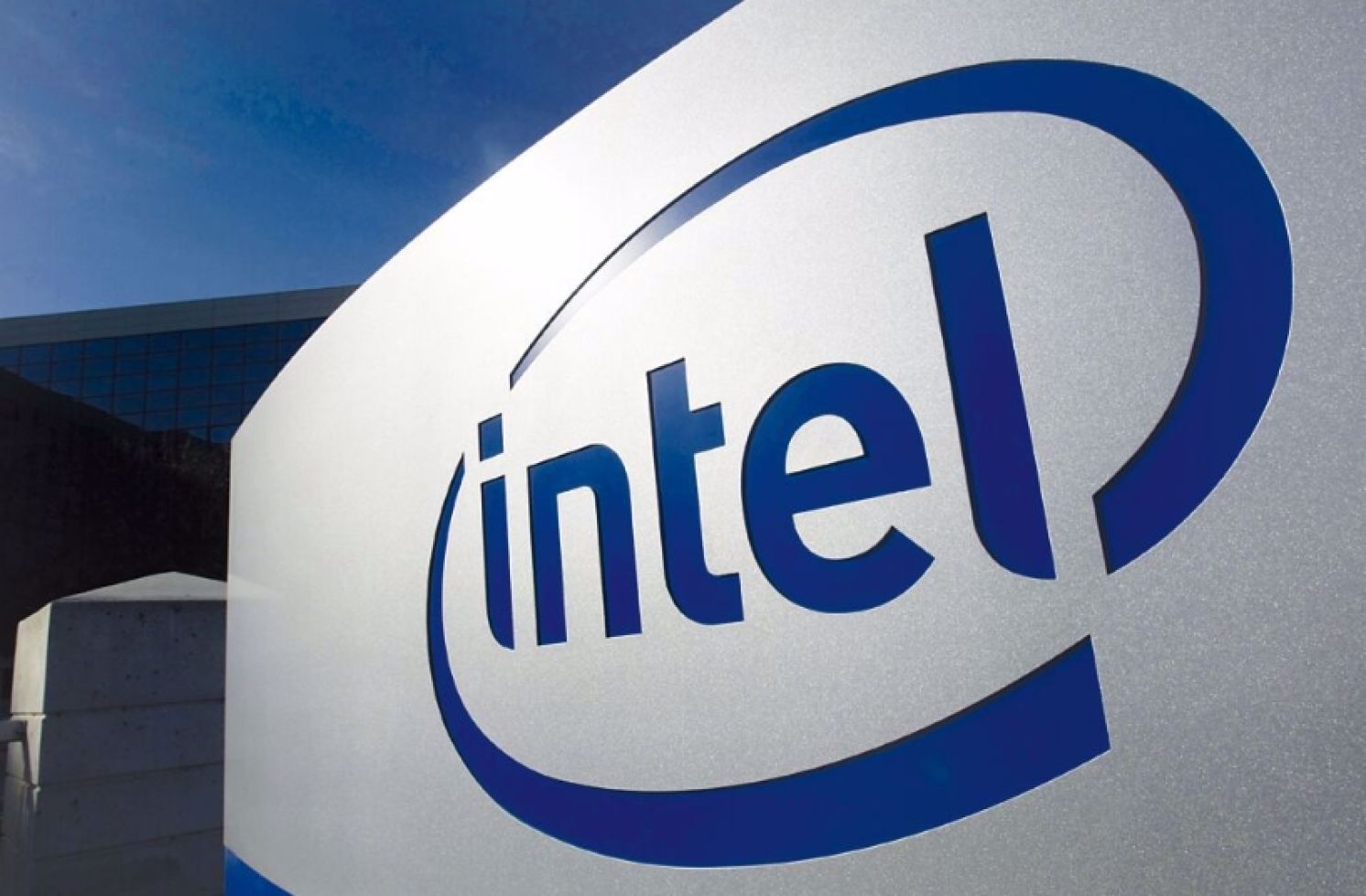
This Week in Taiwan 0218-0224
February 19: Tensions have escalated in the Taiwan Strait in Kinmen-Xiamen area waters. Mainland China's Coast Guard announced that it will conduct routine patrols in Kinmen-Xiamen area waters and force boarding and inspection on Taiwanese tourist boats for about half an hour near the Dadan and Erdan Islands and Wutong Waterway in Kinmen.
The White House reiterated its stance on maintaining peace and stability in the Taiwan Strait. The United States opposes any actions by either side that could disrupt peace and stability. The White House is closely monitoring Beijing's actions and urges meaningful dialogue between both sides to reduce the risk of miscalculation.
February 19: The annual growth rate of the Consumer Price Index (CPI) in 2023 hit a 15-year high. The Directorate-General of Budget, Accounting and Statistics (DGBAS), Executive Yuan, released salary statistics for 2023. After adjusting for inflation, real average regular salary of all employed workers decreased by 0.05 percent last year. After adding overtime and year-end bonuses, real total salary saw a decline of 1.04 percent, marking the first decline in seven years and the largest decrease in 11 years.
February 20: Hon Hai Precision Industry Company (Foxconn) celebrated its 50th anniversary. Chairman Liu Yang-wei explained his vision for the next half century. In addition to deepening extensive cooperation with Apple, the company will also transform from being a manufacturer to becoming a player in the areas of smart manufacturing, electric vehicles, and smart cities.
February 20: While U.S.-China relations appear to be easing, maritime news website Marine Insight reveals that the United States plans to deploy nearly half of its aircraft carrier fleet to the Western Pacific this year. Currently, three U.S. aircraft carriers are active in the Western Pacific, and two more may join soon. Scholars analyze that deterring China remains a top priority for the United States, especially in preparation for contingency situations in the Taiwan Strait before Taiwan's new president takes office on May 20.
February 22: The global semiconductor war continues. During the IFS Direct Connect event, Intel CEO Pat Gelsinger unveiled a new blueprint for Intel 14A. This move signifies that Intel is joining the competition alongside the Taiwan Semiconductor Manufacturing Company (TSMC) in the 1.4-nanometer race. In addition, Microsoft announced that it will use the Intel 18A advanced process to create new chips. Intel aims to regain its leading position in semiconductor manufacturing by 2025 and become the world's second-largest wafer foundry by 2030, challenging TSMC's dominance. Gelsinger also confirmed that Intel will expand its orders with TSMC, to which they will entrust the production of next-generation CPU tiles Arrow Lake and Lunar Lake, which will be released in 2024.
February 22: The U.S. Defense Security Cooperation Agency announced that the Department of State has approved the sale of an advanced tactical data link system upgrade plan and related equipment to Taiwan, estimated at $75 million. By strengthening communication and network security and providing infrastructure to secure the transmission of tactical information, Taiwan's ability to respond to threats will be strengthened, but the basic military balance in the region will not be altered. This case is expected to require the U.S. government and contractors to each send about 200 people to Taiwan to provide technical assistance and services.
February 22: Representative Mike Gallagher, chairman of the House Select Committee on Strategic Competition between the United States and the Chinese Communist Party, led a bipartisan group of lawmakers to visit Taiwan. Gallagher said that this trip is intended to convey that if Chinese President Xi Jinping decides to invade Taiwan, he will definitely fail.
In response to the issue of delayed delivery of U.S. arms sales, Democratic Representative Raja Krishnamoorthi suggested that the United States consider which items may be co-produced in Taiwan.
February 24: The TSMC inaugurated its first fabrication plant in Kumamoto, Japan. TSMC founder Morris Chang expressed confidence that its majority-owned subsidiary Japan Advanced Semiconductor Manufacturing (JASM) would further enhance the resilience of the semiconductor supply chain. The Japanese government also announced additional subsidies of 732 billion yen (about US$4.8 billion) to assist in the construction of TSMC's second plant in Kumamoto.